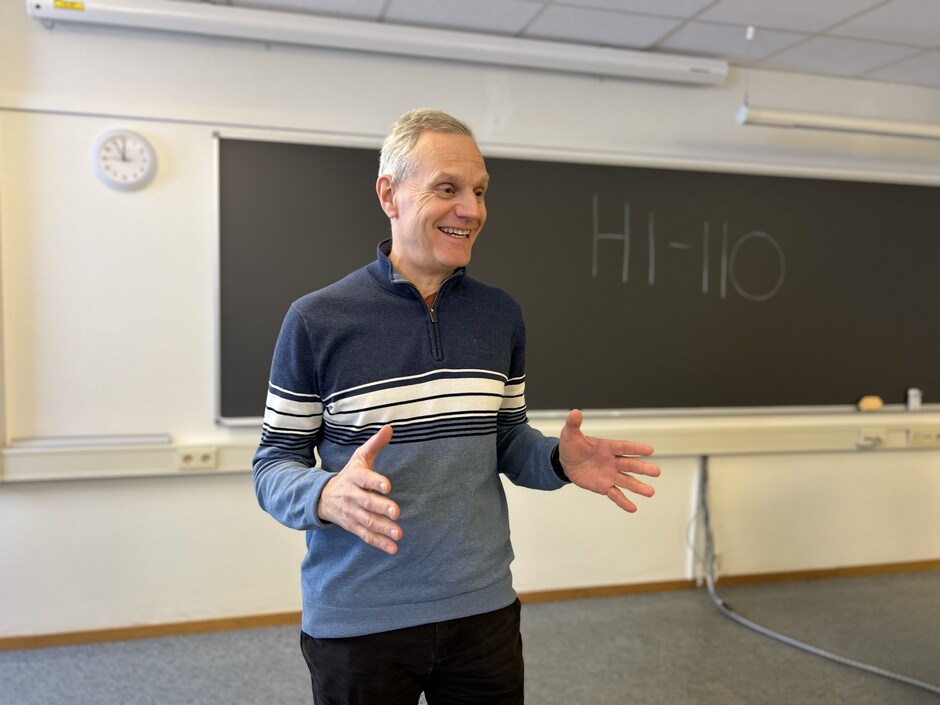Course HI-110 at the Department of Religion, History and Philosophy covers Norwegian and European history from the 5th to the 18th centuries. Over the past few years, between 20 and 40 per cent of the students failed the exam.
“The high failure rate has been a challenge for several years. It’s possible that we’ve had many inexperienced students with limited prior knowledge, and there has been too much new material in a short span of time,” explains Associate Professor Trond Bjerkås, who is responsible for the course.
The comprehensive course delves into Norwegian and European history during the Middle Ages and early modern era.
Students in the bachelor’s and 1-year programme in history, as well as in the secondary school teacher training programme for grades 8-13, take the course.
They have addressed the issue through the faculty's quality system and have made some changes.
In 2023, only three to four per cent of students failed the course.
Although the historians on the course are aware that one year of experience is insufficient to draw definitive conclusions, they point out some changes that may have contributed to the significant drop in the failure rate.

Good start: Also in history
“The ‘God start’ groups in the subject of history have been associated with this particular course, including academic writing training,” says Associate Professor Terje Sødal, who teaches the course with Bjerkås and Professor Knut Dørum.
‘God start’ is an academic mentorship programme that helps students at the Faculty of Humanities and Pedagogy settle into campus life and manage their studies during their first semester. Mentors are experienced students who serve as group leaders throughout the first year of study.
“It appears that more students are attending the lectures, and we’ve fostered a stronger sense of community among students. Overall, this contributes to enhanced learning,” says Bjerkås, adding that they have updated the syllabus and revised the course description.
“We’ve also organised a writing seminar specifically for this course and emphasised good and vibrant delivery,” says Dørum.
Exam-focused
“We've made the history instruction more relevant to exams. We've introduced exam-oriented teaching and allocated more time for exam preparation,” says Dørum.
“We’ve defined clearer learning objectives, and students have a better understanding of what is expected of them and that they will be tested on key areas,” says Bjerkås.
Several changes have significantly reduced the failure rate, but the lecturers are keen on giving credit to the students for their accomplishments.
“It is the students who have put in the effort,” conclude Bjerkås, Sødal, and Dørum.
